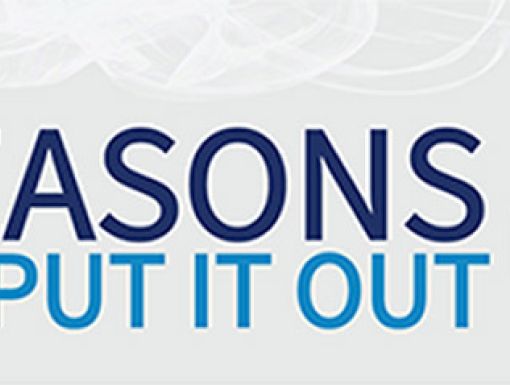Lung Cancer Screening Guidelines: 5 Facts You Should Know
Studies show lung cancer screenings can significantly reduce death rates by catching cancer early. Because lung cancer is the third most common cancer in the United States and the leading cause of cancer-related deaths, early detection can save lives by identifying cancer in its earliest stages, when it’s most treatable.
Who should be screened for lung cancer?
Lung cancer is the third most common cancer in the United States and the leading cause of cancer-related deaths worldwide for both men and women. Ochsner MD Anderson Cancer Center recommends annual lung cancer screenings if you are:
- Between the ages of 50 and 80
- A current smoker heavy smoker (someone who smoked at least a pack a day for 20 years or two packs a day for 10 years)
- A former heavy smoker who quit in the past 15 years
- Willing and healthy enough to undergo biopsy and treatment
These guidelines provide a general rule, you should always make health decisions in consultation with your doctor or healthcare provider.
What is the screening for lung cancer?
If you are in a high-risk group for lung cancer, you should discuss the pros and cons of screening with your doctor and decide if you’re a candidate for a CT scan for lung cancer. The scan may be scheduled once your physician orders the test. If you are a current smoker, you may also be offered an appointment with a smoking cessation specialist.
A CT scan has a greater chance of displaying lung tumors than routine chest x-rays and can show the size, shape and position of any lung tumors. CT scans can also help find enlarged lymph nodes that might contain cancer that has spread.
You should receive your results from your doctor’s office within 48 hours of the test. At Ochsner, our patients also receive a letter from one of our lung cancer screen navigators.
If the results show nodules larger than 8mm, early lung cancer may be represented. Depending on the size of these nodules, radiologists and lung cancer specialists will give recommendations on the best way to manage and monitor these nodules. Strategies may include:
- Monitoring the nodules with additional CT scans over a two-year time period
- Biopsy
- Surgery to have it removed
What are risks associated with CT scans for lung cancer?
While CT scans are an important tool in detecting lung cancer, it is essential to understand the associated risks. Here are some key points to consider:
- CT scans expose patients to a low dose of radiation, equivalent to approximately half the natural environmental exposure over a one-year period.
- False-positive results are relatively common due to the formation of benign granulomas or spots on the lungs. In Ochsner's screening program, around 50% of patients have small nodules that are most likely benign and not cancerous.
- Approximately 3% to 5% of all detected nodules are proven to be lung cancer.
- CT scans may also reveal other disease processes, such as emphysema or coronary artery calcification.
What happens if a suspicious nodule is found during a CT scan?
When a suspicious nodule is detected during a CT scan, further evaluation and management are necessary. The size of the nodule plays a crucial role in determining the best course of action. Here are some potential options:
- Regular check-ups: Your doctor may recommend additional CT scans over a two-year period to keep an eye on smaller nodules that are less than 8 millimeters in size.
- Tissue sample: In some cases, a biopsy may be performed to take a small sample of the nodule for further analysis. This helps the doctors understand if the nodule is cancerous or not.
- Minimally invasive robotic assisted Surgery: If the nodules are larger and could potentially be early stage lung cancer, surgery may be recommended to remove them.
Why is lung cancer screening important for high-risk patients?
Screening for lung cancer in high-risk patients has been shown to dramatically improve survival rates. An estimated 14 million Americans qualify as high risk and should receive annual screenings. Discovering lung cancer at its earliest stage before symptoms develop allows for earlier treatment and potential for cure and long-term survival.
At Ochsner, we understand the importance of early detection and have established lung cancer multi-disciplinary teams. These teams consist of nurses, surgeons, pulmonologists, oncologists, and radiologists who work closely to review all suspicious nodules and provide comprehensive care to our patients. We offer the most advanced technologies from diagnosis to treatment in the region.
Does smoking cause lung cancer?
Smoking is the greatest risk factor for developing lung cancer. Approximately 85% of all lung cancers can be attributed to a history of smoking. This relationship was first described by Dr. Alton Ochsner, one of Ochsner's founding fathers, in 1939. His groundbreaking research highlighted the detrimental effects of smoking on lung health.
At Ochsner, we are committed to assisting our community in smoking cessation. We offer appointments to our smoking cessation clinics throughout the region and virtually, making it convenient for you.
If you or someone you know is at high risk for lung cancer, we urge you to reach out to your care team and discuss the benefits of screening. Together, we can make a difference in the lives of those impacted by this devastating disease.
Schedule an appointment with Ochsner’s lung cancer team today.



